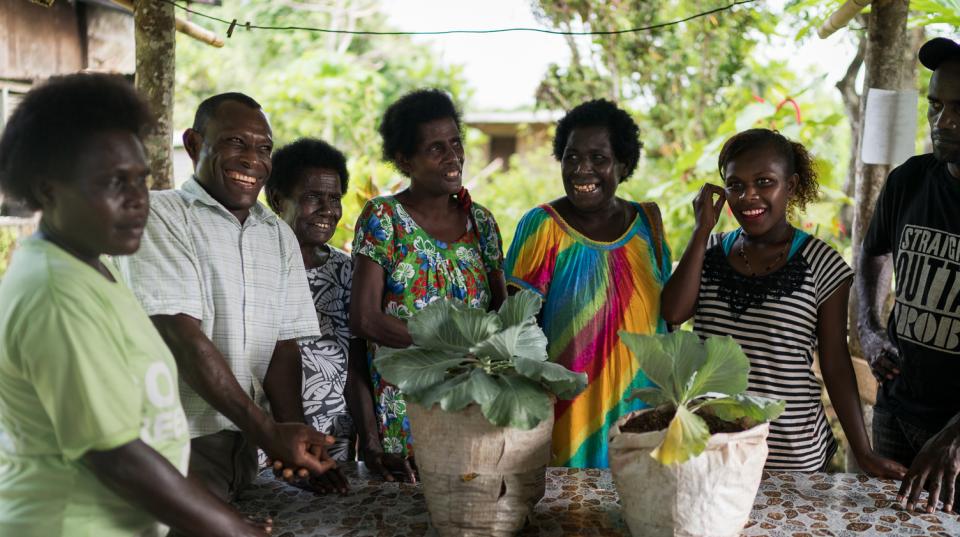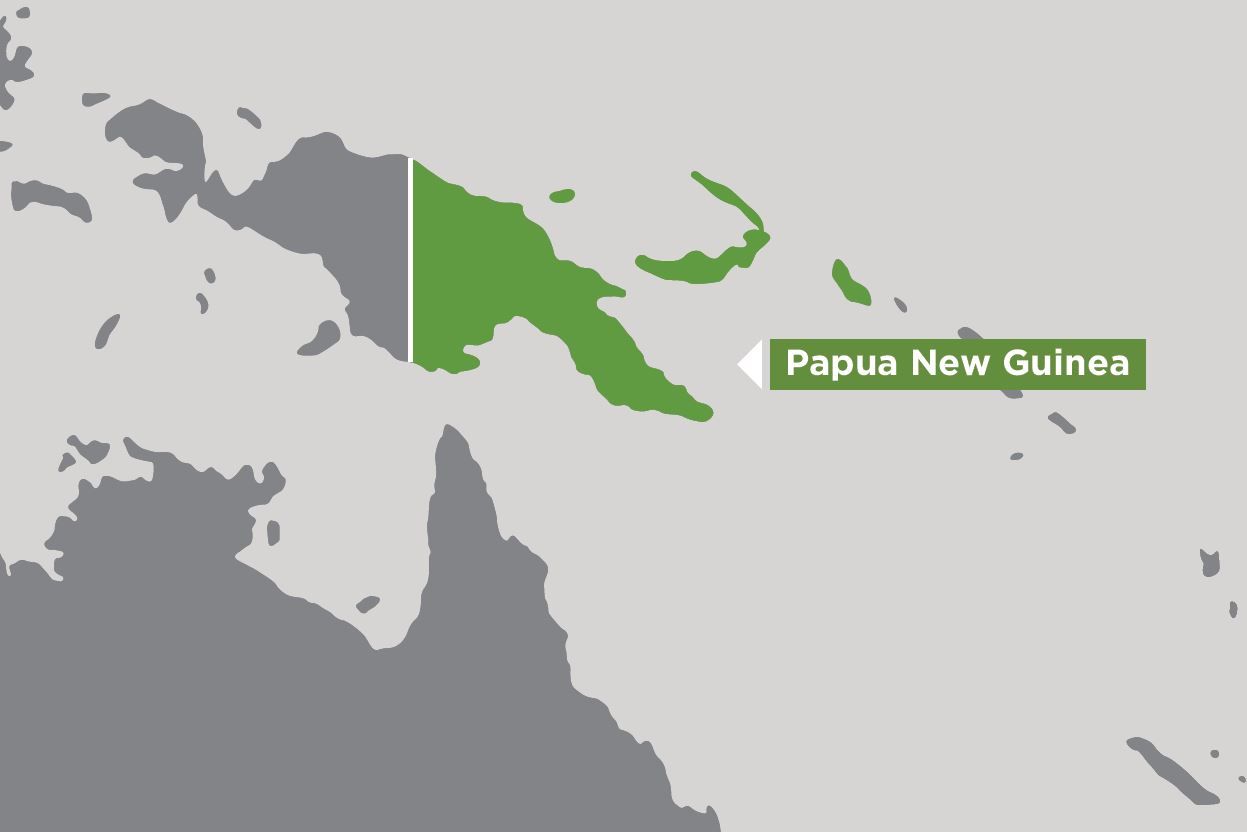Overview
This project aimed to develop new knowledge of the factors behind women’s low level of engagement in small-scale agricultural enterprises; identifying the processes and pathways that facilitate their move into agribusiness; and pilot/scale out identified pathways for women to move from Tier 2 to Tier 3.
Women in rural Papua New Guinea (PNG) provide a large proportion of labour for export cash crops, subsistence food crops and fill valuable social and community roles.
Previously, most women were largely subsistence producers, marketing their surplus locally (Tier 1). However, in recent years, rural women living near town have begun growing some crops specifically for local markets (Tier 2), and many participate in export crop production (Tier 2). Some pioneering women are beginning to engage more in domestic and international markets as large-scale producers and retailers, forging new pathways that are increasing their income and status (Tier 3).
Entrepreneurial women’s transition from Tier 1 to Tier 3 offers model pathways for facilitating women’s stronger engagement in small-scale agricultural enterprises.
Project outcomes
- Women are assisted in developing their business management skills and in starting their own agricultural enterprises, have greater access to and control over income, with economic impacts on families.
- Project’s economic impact likely to be scaled up by disseminating project findings, reports and policy briefs to the World Bank-DFAT-funded ‘Pacific Gender Research Partnership’ project.
- Improved family financial practices, ensuring that families re-invest in their productive activities and use banking services and informal financial practices effectively, strengthening their resilience to shocks.
- Broader based regional economic development.
- Greater capacity among PNG research staff.






